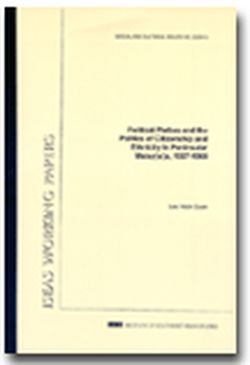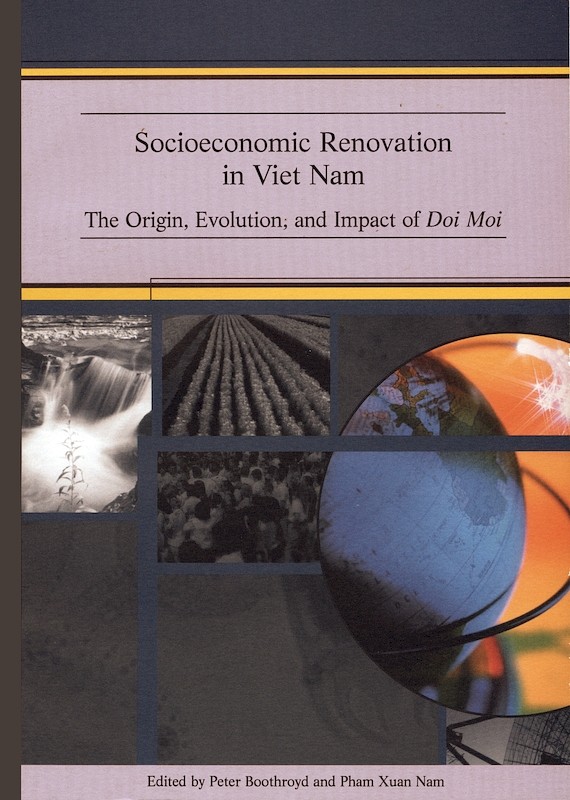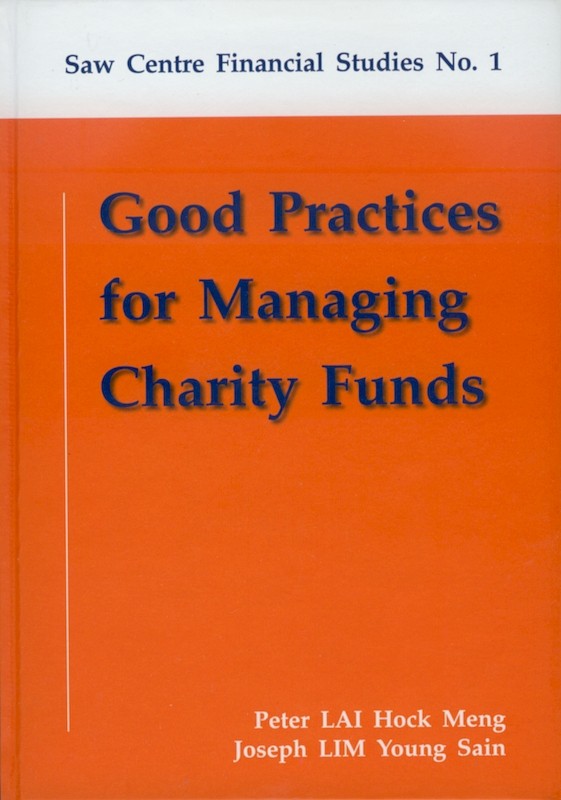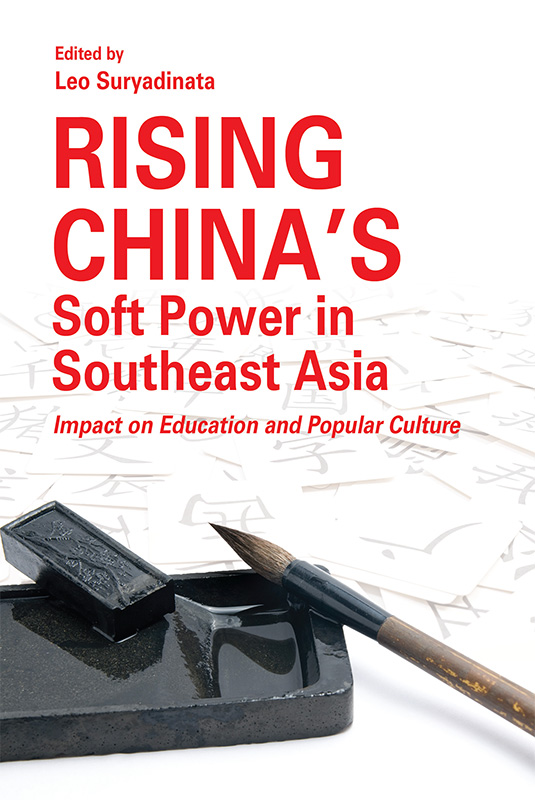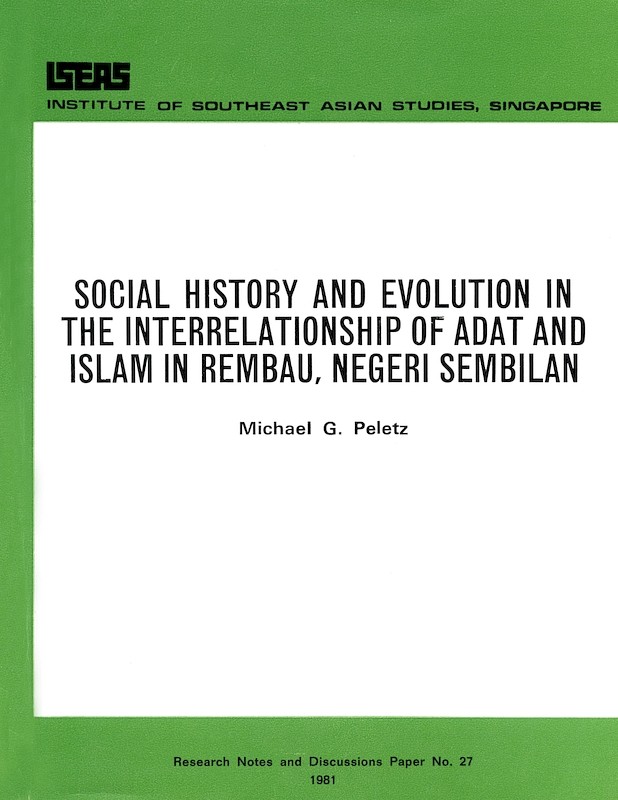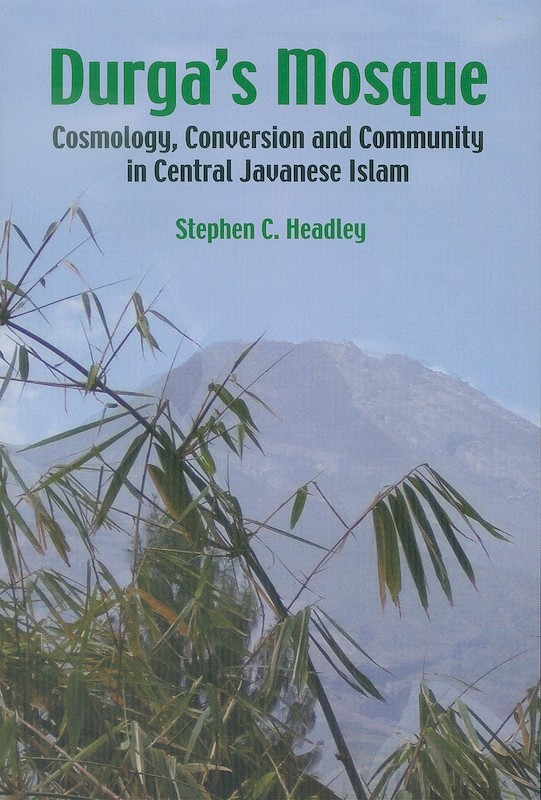Charity and Charisma: The Dual Path of the Tinh Dô Cu Si, a Popular Buddhist Group in Southern Vietnam
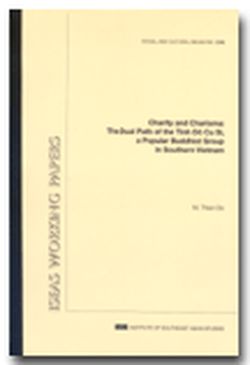
About the publication
Following economic renovation (doi moi), the revival of religion and traditions has played an important part in the general change in social climate throughout Vietnam. This paper looks at what revitalizing effect, if any, this resurgence has had on popular religion, by focusing on a Buddhist sect, the Tinh Dô Cu Si Phat Hoi Viet Nam (the Vietnamese Association of Householder Pure Land Buddhists). Formed in southern Vietnam in the 1930s, the group is still one of the largest popular religious sects. Their welfare work, in which they place great emphasis and gain considerable success in promoting traditional medicine, is considered to be of equal importance to the pursuit of self-perfection. These tandem characteristics do not stop here. In many other aspects, the group’s beliefs and practices straddle conventionally polarized categories. This factor works to their advantage most of the time, but also poses some problems. Nevertheless, Tinh Dô’s existence shows that social regeneration can occur in an unexpected way. Their survival also contests the proposition that modernization means the end of supernaturalism or the necessary triumph of secularization.

